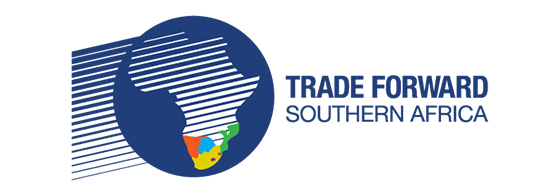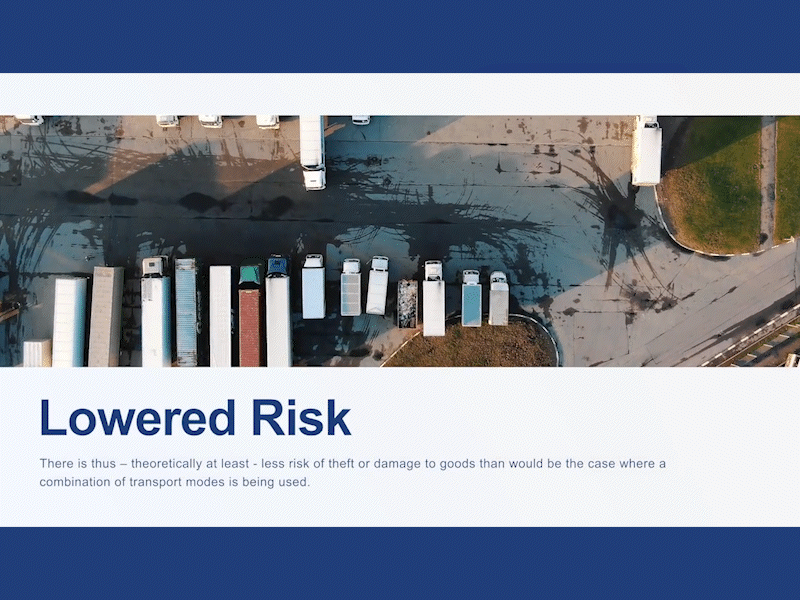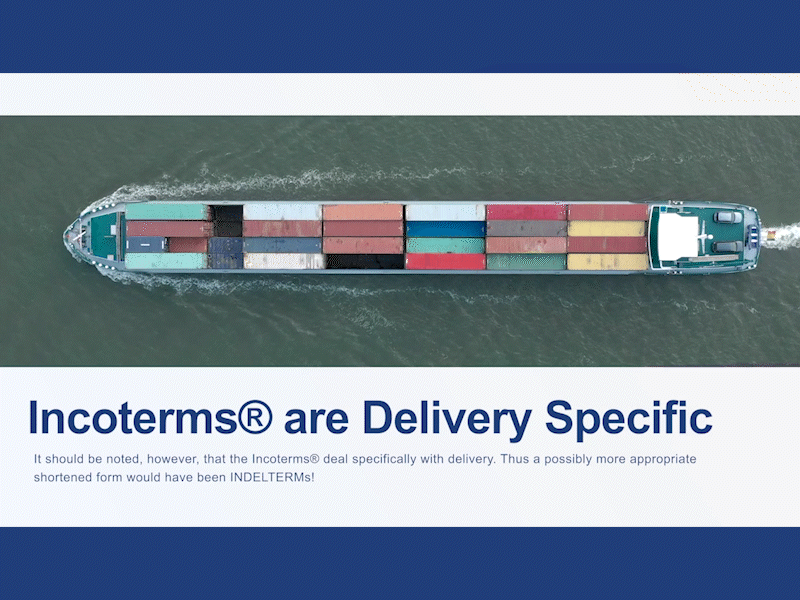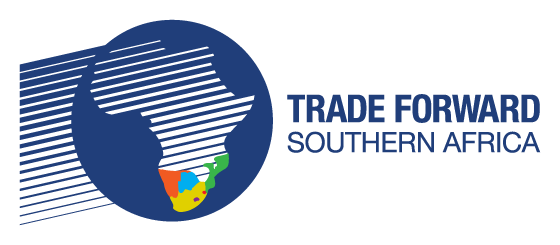As we discussed in our previous article on payment methods used in international trade, the payment method you and your buyer agree to heavily influences the amount of financial risk you incur in international trade. For an exporter, financial risk in international trade usually manifests itself as non-payment by a foreign buyer. Thus, as an exporter, your ability to manage international financial risk is essential to your company getting paid. Ultimately, the right Incoterm®, the right export marketing plan and an ideal mode of transport mean nothing if your buyer doesn’t pay you! This article focuses on bank collections as a possible payment method for international trade transactions.

Bank Collections as a Payment Method
When using a bank collection as a payment method, an exporter contracts their own bank to collect payment on their behalf. Under a bank collection, the exporter’s bank sends a bill of exchange or (draft) prepared by the exporter to its corresponding bank in the importing country and requests that the correspondent bank present the bill of exchange to the importer.
A bill of exchange is an unconditional order to pay a specific sum of money that, once accepted, binds the party concerned to pay on demand or at a predetermined date. If the importer is required to pay immediately, it is known as a ‘sight’ draft; if they are required to make payment at a future date, it is known as a usance draft. In some cases, other documents, such as shipping documents, would be sent along with the bill of exchange to the importer’s bank. Where shipping documents are involved, the correspondent bank is instructed not to hand these over to the importer until payment has been made or the bill of exchange has been accepted.
The Risk of Non-Payment when using Bank Collections
Under a bank collection, banks are involved in the transaction between the importer and exporter but only to the extent that they act as agents for the exporter. Unlike a letter of credit, the bank does not guarantee payment will be made under a bank collection. Thus, a bank collection as a payment method offers the exporter less protection against the risk of non-payment than a letter of credit.

Your ability to manage financial risk and maximise opportunities heavily influences your international success. However, very few exporters know the full extent of the danger they face in the global market. When doing business internationally, you must understand how to mitigate your risk. Thankfully, Trade Forward Southern Africa, in collaboration with the International Trade Institute of Southern Africa, has created a free and comprehensive online training course on various aspects of global trade, including identifying and mitigating international financial risk. The modules provided include training on international finance, foreign exchange rates, Letters of Credit, international payment methods and Incoterms®. Click the links below to sign up for free and get started.
To sign up to the School of Export CLICK HERE.
If you already have a profile, CLICK HERE to login to begin the module.










Leave a Reply